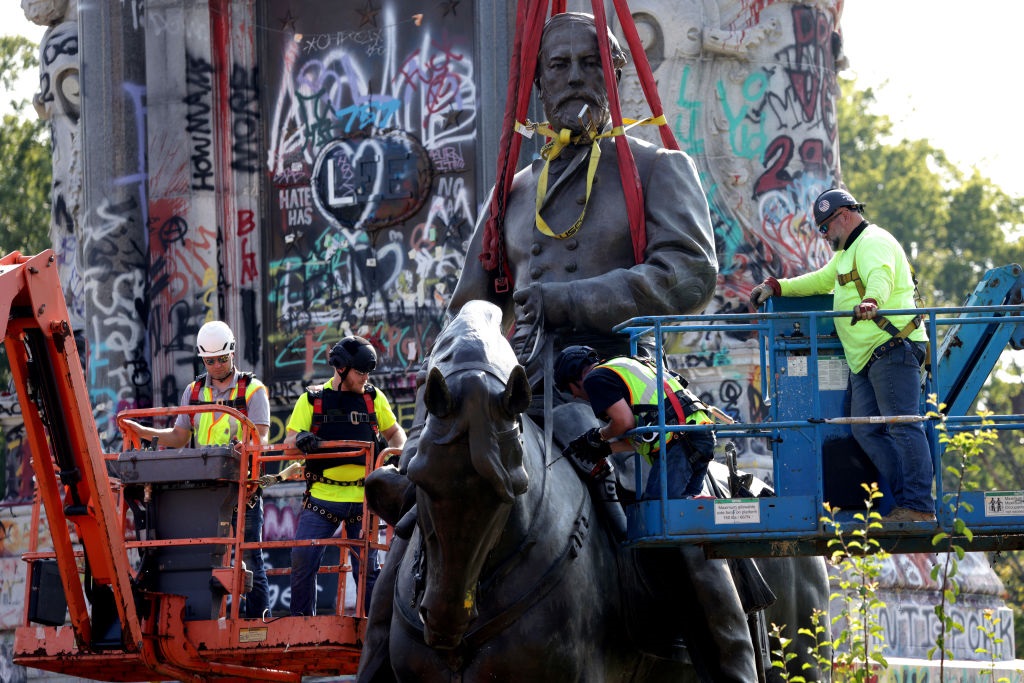How more of everything fosters less gratitude.
Neuroscientists will tell you gratitude is a powerful emotion that positively affects one’s health. Studies have discovered a state of gratefulness can be linked to reduced pain symptoms, improved quality of sleep, and a dopamine boost. In other words, being thankful on Thanksgiving is downright good for you.
PositivePsychology.com referenced a study in which “participants who felt grateful showed a marked reduction in the level of cortisol, the stress hormone. They had better cardiac functioning and were more resilient to emotional setbacks and negative experiences.” It’s not difficult to find the many benefits of gratitude, but it appears it is getting harder to find grateful souls. Or does it just feel that way?
The Young and the Restless

(Photo by Alex Wong/Getty Images)
Recently, a friend postulated that young people are less grateful than their elders. This is not a new sentiment as most folks remember their parents railing, “These young people today …” However, just because it has been a common theme of senior generations does not mean it’s not true. “There’s a sense of entitlement these days,” he explained. “They are not thankful for family or family values. The dating world has collapsed, along with marriage rates. They are not thankful for our Founders as they smashed statues and maintained that much of the US Constitution no longer applies. And it feels to me that they are totally thankless for what it took to deliver the freedom they now enjoy.”
There is not much statistical evidence to show that Gen X, Y or even Z are a thoroughly ungrateful lot, but there have been studies that reveal less thankfulness in the US than in the past. One poll referenced by the John Templeton Foundation in 2013 discovered that “Americans think their own gratitude is increasing, while everyone else’s is going down.”
Another bit of research that has flown under the radar is the connection between faith and gratitude. Studies show that those who believe in God or have a sense of spirituality show a higher level of thankfulness than those with no spiritual connection. A Templeton report explained that “people assigned to pray for their partner, or pray in general, for four weeks reported higher gratitude at the end of the study than people who were assigned to think about their daily activities or to think positive thoughts about their partner.” Unfortunately, a Gallup poll found that 92% of Americans believed in God in 2012, but by 2022, that number had fallen to 81%. Less faith, less gratitude?
Illegal And Entitled This Thanksgiving
This Thanksgiving, the US is home to millions of people who have come to America looking for a better life. Thanks to southern governors who were determined to “share the wealth,” immigrants now line the streets of New York, Chicago, and Washington, DC, among other sanctuary cities. When the planes and buses initially arrived at these and other urban centers, the migrants met with a friendly greeting, but as the numbers began to balloon, the welcome mat was pulled.
Now, it appears some illegals are exerting their right to entitlements. When a group of those who crossed the border illegally were bused out of midtown Manhattan to a tent city in Brooklyn, some refused the free new shelters and demanded to be returned to their old ones. One family left the Roosevelt Hotel in the city and balked when they arrived and saw where they would be living. “I cannot stay here,” one man told the New York Post, “This is crazy.” He demanded his family be taken back to Manhattan.
Miffed at their lack of gratitude, many US citizens bristled at the migrants’ sense of entitlement. As one X user posted, “The AUDACITY!! DEPORT THEM ALL, NOW!!” The American public of today may not be the grateful souls of past generations, but they do not like the feeling of being taken for granted. And it just may be that such a glaring exhibition of ingratitude this Thanksgiving will remind us that gratitude, much like charity, begins at home.

